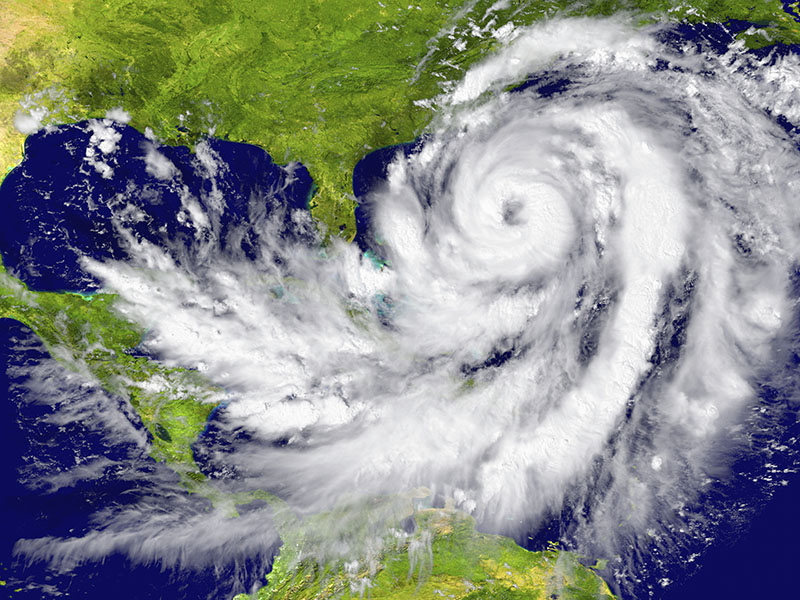
UQ Business School tourism experts Professor Sara Dolnicar and Professor Ulrike Gretzel have facilitated new research into crisis resistant tourists, in conjunction with University of Wollongong PhD student, Homa Hajibaba.
Little has previously been known of the types of tourists who are sought after when unexpected events strike which put strain on the tourism industry, for example, the 9/11 tragedy and the Global Financial Crisis.
This research identifies whether certain types of tourists are less prone to cancel their trip than others, and offers guidance to aid the tourism industry to identify and communicate with a highly attractive segment of the market.
The project, which was selected to receive Australian Research Council grant funding, shows that ‘crisis resistant tourists’ are a younger demographic who demonstrate higher levels of risk propensity and resistance to change, when faced with external or internal crisis events.
Professor Ulrike Gretzel said that those tourists resistant to crises are also more likely to inform themselves via the channels of social media.
“Due to their greater reliance on social media and smaller exposure to opinions of concerned friends and relatives, it is easier to get messages to them fast through social media that can counteract disaster myths.
“However, they are also more likely to simply ignore information, which can be an advantage for bringing them to the destination despite a crisis but also a management risk if they ignore warnings,” tourism Professor Ulrike Gretzel said.
Professor Sara Dolnicar added that with Australia’s climate there is always a risk of natural disasters occurring.
“The tourism industry is vulnerable to external shocks, all of which lead to immediate and substantial drops in tourism ranging from four percent to 55 percent. We’re proposing a way for the tourism industry to protect itself against unpredictable shocks in which a novel approach to disaster planning is introduced that is based on reducing a destination’s vulnerability to disasters, rather than focusing on a recovery plan after disasters,” Professor Dolnicar said.



